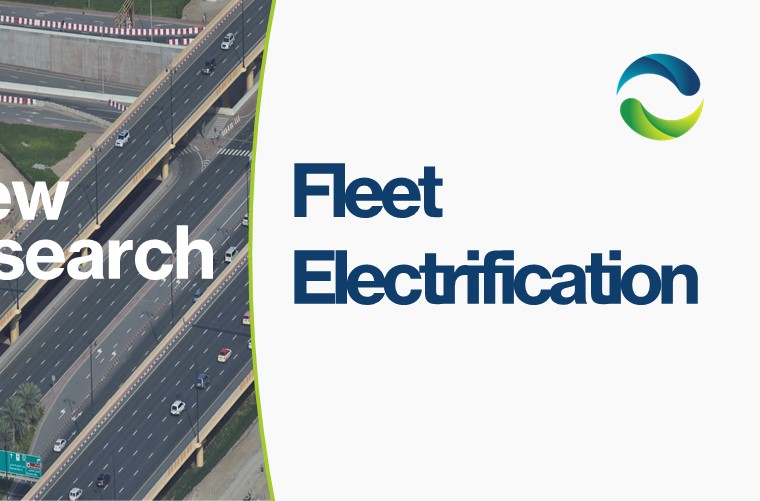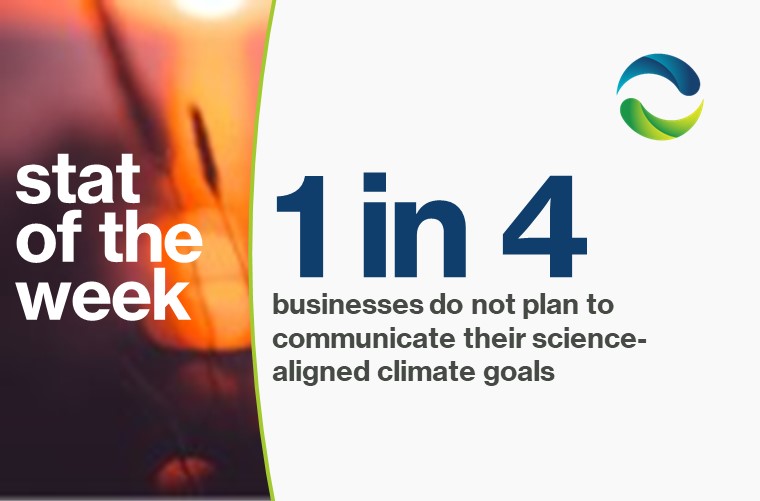Corporate sustainability teams face conflicting pressures as they navigate sharing their companies’ climate progress with the world, threatening the speed and efficiency of the green economic transformation. A major component of corporate sustainability is communication to external groups, including customers, investors, supply chain partners, and regulators; The Climate Board’s latest sustainability benchmarking finds that at least 75% of sustainability team leads are responsible for some outward communication, and 28% report directly to external-facing departments.
It has become critical for these teams to not only generate climate progress but to share it effectively too. The audience tuning in is more diverse, more informed, more influential, and more discerning than ever before. A wide array of stakeholders is asking companies to aggregate both comprehensive metrics and qualitative information to communicate how they’re following through on existing promises.
Communicating well, though, is a tricky balance. Companies continue to learn the hard way that leaning too heavily into public positioning can detract from genuine progress and leave businesses vulnerable to greenwashing accusations. At the very least, sustainability leaders must be familiar with the risks of communicating their climate efforts to the outside world:
- Existing climate or environmental weaknesses provide openings for critics to seize upon. This could include prior accusations of greenwashing or simply known points of weakness in ESG performance. New NGO reports continuously identify top offenders across a spectrum of social and environmental concerns.
- Absence of sustained, measurable improvement leaves companies with little to back up promises. A 2050 net-zero goal is no longer enough to earn high grades among key ranking organizations or satisfy climate-conscious stakeholders.
- Some products or processes are more visible and thus more damaging than others, and even separate sustainability concerns can color climate perceptions. Carbon dioxide is a colorless gas spread throughout the atmosphere which leaves no trace of its connection to natural disasters and extreme weather. The impact of plastic pollution, on the other hand, is presented in evocative photos of wildlife injured by plastic, the development of the Pacific garbage patch, and the aftermath of hands-on cleanup efforts worldwide.
Companies can’t always avoid greenwashing accusations by following a checklist. Every company’s footprint is unique, and public backlash is unpredictable, often triggered by the release of a report or some particularly incisive online commentary. And that’s only part of the challenge. Equally disquieting, recent backlash against ESG performance objectives and criteria is closing in as well.
The temptation to say nothing at all is therefore compelling and understandable. Perhaps that’s why one in four companies does not plan to publicize and promote their science-aligned climate targets, according to South Pole; “green-hushing” is on the rise. Companies may hope to avoid potential backlash entirely by pursuing sustainability quietly behind the scenes. But this approach leads to larger problems down the road as a siloed approach to decarbonization will exponentially raise transition costs for everyone.
Companies cannot decarbonize in isolation. Information sharing and collaboration is crucial for decarbonization. Small and medium-sized companies in particular will be left behind if they’re barred from the learnings of companies with more resources to invest in sustainability. First movers must remain open about both their goals and their progress to enable others to catch up; furthermore, many of these companies’ supply chains depend on networks of SMEs. Not only are climate leaders contributing to a public good, but they’re also ensuring the competitive nature of their own value creation ecosystem into the future. The benefits of publicly communicating action outweigh the risks of greenwashing accusations, especially when companies continue to learn from past mistakes and persist in sharing substantive progress.
Staying silent is not the answer, and The Climate Board is committed to lowering the transition cost by facilitating the useful knowledge-building communication needed to help companies succeed as quickly and seamlessly as possible. You can check out our latest work benchmarking effective sustainability functions here.




